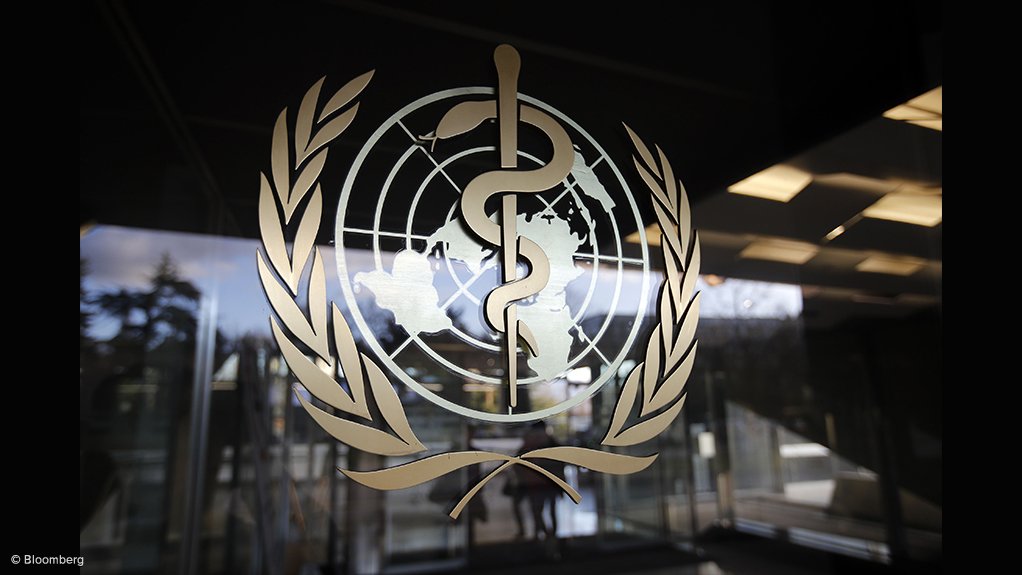Six months after Covid-19 was detected in Africa, countries have made a lot of progress to curb the spread of the novel coronavirus.
According to Dr Matshidiso Moeti, the World Health Organization's regional director for Africa, many African governments were quick to impose lockdowns and key public health measures that helped to slow down the virus.
"Over time, preventive, diagnostic and treatment measures have been strengthened. All countries can now diagnose Covid-19, with 14 performing over 100 tests per 10 000 population. Production of oxygen, critical for severely ill Covid-19 patients, has also considerably increased, with the number of oxygen plants in the region rising to 119 from 68 at the onset, while the number of oxygen concentrators has more than doubled to over 6 000," she said on Thursday.
The first Covid-19 case was detected in Egypt on February 14 and the continent surpassed the figure of one million infections last week, with South Africa accounting for more than half of the cases.
According to the WHO, there has been a 9% increase in the number of Covid-19 cases in the African region in the past week, compared with an 18% increase recorded during the previous reporting period.
Moeti said curbing Covid-19 in Africa was a marathon, not a sprint.
"We are observing multiple local outbreaks, each with their own infection patterns and peaks. It is by bolstering the response at the community level that we will win this race. The Covid-19 response must be integrated into the fabric of every health district."
A recent WHO assessment based on self-reporting by 16 countries in sub-Saharan Africa found that the countries improved their capacity to respond to Covid-19.
The WHO measured countries’ readiness in a range of areas, including co-ordination, surveillance, laboratory capacity, case management, infection prevention and control.
Six months ago, the score was 62% and it is now 78%. While much progress appears to have been made at the national level, at the district level countries were generally lagging.
"Not only must we keep up with the evolving trends, we must also anticipate, predict and act faster to head off potentially disastrous outcomes," she said.
"Areas of high transmission, as well as localities with relatively fewer infections, both deserve attention. In short, we must be strong on all fronts."
In southern Africa, Namibian President Hage Geingob has warned that neighbouring South Africa accounts for more than half of the continent's cases and is therefore putting the southern region at risk.
South Africa has recorded 572 865 cases and 11 270 deaths. The country has the fifth most infections in the world and the highest number in Africa.
Geingob has imposed a strict stage 3 lockdown in Namibia following an increase in community transmission cases.
Namibia reported five new deaths on Thursday, taking the country's death toll to 27 and 3 544 confirmed Covid-19 cases.
Botswana also recorded one Covid-19-related death on Thursday, taking the country's death toll to three, with 1 214 cases.
Zimbabwe has recorded 4 990 cases and 128 deaths; Malawi 4 912 with 153 deaths; Zambia 8 663 cases and 246 deaths; and eSwatini 3 599 cases and 65 deaths.
Lesotho is the southern African country with the lowest number of infections, with 884 cases and 25 deaths.
EMAIL THIS ARTICLE SAVE THIS ARTICLE
To subscribe email subscriptions@creamermedia.co.za or click here
To advertise email advertising@creamermedia.co.za or click here











